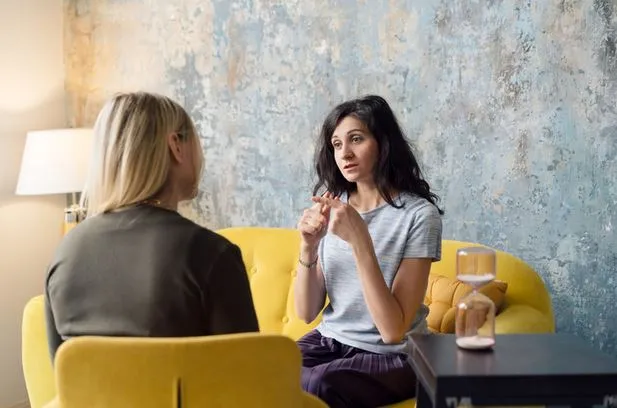ByOnlinecourses55

The criticism and blame - life coaching
Making mistakes is not a phenomenon alien to any person, nor is it something to be ashamed of. Mistakes are very common, especially in people who make many decisions or perform dissimilar actions. Every time we make a decision, two possibilities open up: either we are right and will obtain the expected results, or the decision was wrong, so it was a mistake on our part. Once the mistake has been accepted, some people choose to criticize their actions and the motivations that led to them, while others resign themselves to guilt as the only mechanism.
Throughout this guide, we will analyze criticism and guilt in relation to errors, as well as the differences between adopting one position or the other.
Feeling guilty about mistakes can be detrimental when it comes to learning from them. Blame is a very simple resource that requires little effort on our part, and that is why many people with low emotional intelligence opt for this path. Blaming oneself is nothing more than dumping discouragement and sadness on oneself, without paying attention to the factors that influenced the mistake or trying to gather as many positive experiences as possible from it.
When we feel guilt, it is difficult for us to think clearly, which leads us to make wrong decisions in order to stop feeling guilty. We do not take the necessary time to meditate on each step we take, so it is very likely that we will end up making many other mistakes along the way.
It is essential to learn to distinguish between guilt and criticism. We should not confuse each of these positions. While guilt does not offer solutions and can lead us to make new mistakes, criticism is a valuable tool to gather positive experiences from each of the mistakes we have made.
The purpose of criticism is not to assume the role of the guilty party and regret what we have done, but to try to understand exactly what has happened and what factors have contributed to our decisions turning out to be wrong. Through criticism we can learn and gather information about what works and what doesn't when facing similar situations in the future.
Both self-criticism and criticism of others, when it is constructive, will be very useful for our personal and spiritual development.
The act of avoiding blame should not be mixed with the act of avoiding obligations. By blaming ourselves we only seek to feel sorry for ourselves or to make others feel sorry for us. When we assume responsibility for our actions, we understand that no one else can solve our problems and that we must take responsibility for every mistake we make. Being responsible implies not hiding when we make mistakes, but facing difficulties with the mentality of overcoming the situation and knowing how to get the most out of it.
By putting aside guilt and maintaining an honest critique of our mistakes, we are assuming a responsible posture, since we are preparing ourselves not to make the same mistakes in the future. Learning from our stumbles and drawing maximum experience from them is what makes us grow. Responsibility for our actions begins by accepting that error is a human factor, and that this does not make us weaker or less capable.